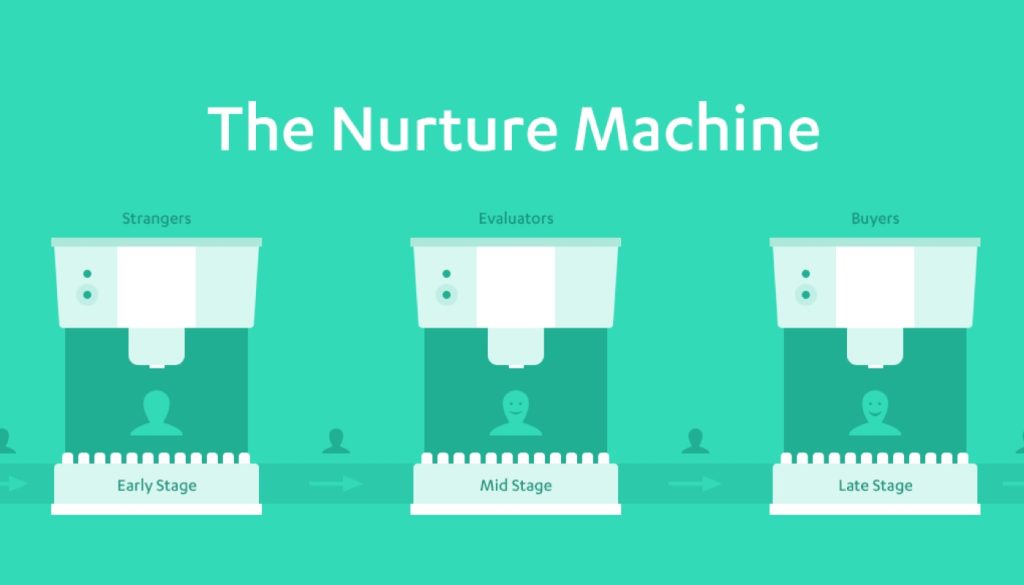Lead Nurturing. The Corner Stone of Every Commercial Engine
Comprehensive Guide For Lead Nurturing Process in Your Company Regardless of The Industry.
Intro

Definition
Tools for lead nurturing
Marketing channels used for lead nurturing
Enjoying the ride and want to connect?
Get in touch with me using that red button and we can discuss what you have in mind!
Use this form to book a Call with me
Who should be involved in Lead Nurturing
Also Check Out Some of The Services That I Provide:
Audit
of your website, perfomance and brand campaigns, as well analysis of CJM and Funnel Management.
Consulting
Detailed recommendations based on analysis with handpicked tools and solutions.
How to measure success and ROI for lead nurturing
Industries where you need to do lead nurturing the most
B2B Technology:
Lead nurturing is crucial in the B2B tech sector due to long sales cycles and complex products. For instance, a company like HubSpot uses email marketing, webinars, and personalized content to nurture leads. Their approach has helped them achieve high conversion rates and strong customer loyalty.
Real Estate:
In real estate, nurturing potential buyers through regular updates, personalized listings, and virtual tours is essential. Zillow, for example, uses a combination of email campaigns and personalized web experiences to keep leads engaged, resulting in increased property viewings and sales.
Financial Services:
Banks and financial institutions need to build trust over time. Companies like Fidelity use a mix of educational content, newsletters, and personalized financial advice to nurture leads, leading to higher account openings and investment products uptake.
Education (EdTech):
Educational platforms like Coursera employ lead nurturing through targeted emails, course recommendations, and webinars to engage potential students. This strategy has led to higher enrollment rates and increased student retention.
Healthcare:
In healthcare, nurturing leads involves providing valuable health information, appointment reminders, and personalized care tips. For example, Mayo Clinic uses email campaigns and patient portals to nurture leads, resulting in improved patient engagement and loyalty.
E-commerce:
Online retailers like Amazon use personalized recommendations, abandoned cart reminders, and loyalty programs to nurture leads. This approach helps in increasing repeat purchases and customer lifetime value.
SaaS (Software as a Service):
SaaS companies like Salesforce use free trials, demo requests, and educational content to nurture leads. Their structured approach ensures a high conversion rate from free users to paying customers.
HubSpot, a leader in inbound marketing, excels at lead nurturing. They use a comprehensive approach that includes:
Email Campaigns: Tailored content based on the lead’s behavior and interests.
Webinars and Workshops: Providing valuable insights and training.
Content Marketing: Blogs, ebooks, and guides that educate and inform.
Personalized Web Experience: Using data to customize the lead’s journey.
Results: HubSpot has significantly high conversion rates and customer retention due to their effective lead nurturing strategies.
In summary, lead nurturing is vital in industries with long sales cycles and complex decision-making processes. By providing valuable, personalized content and maintaining regular communication, businesses can convert leads into loyal customers, driving significant growth and revenue.



